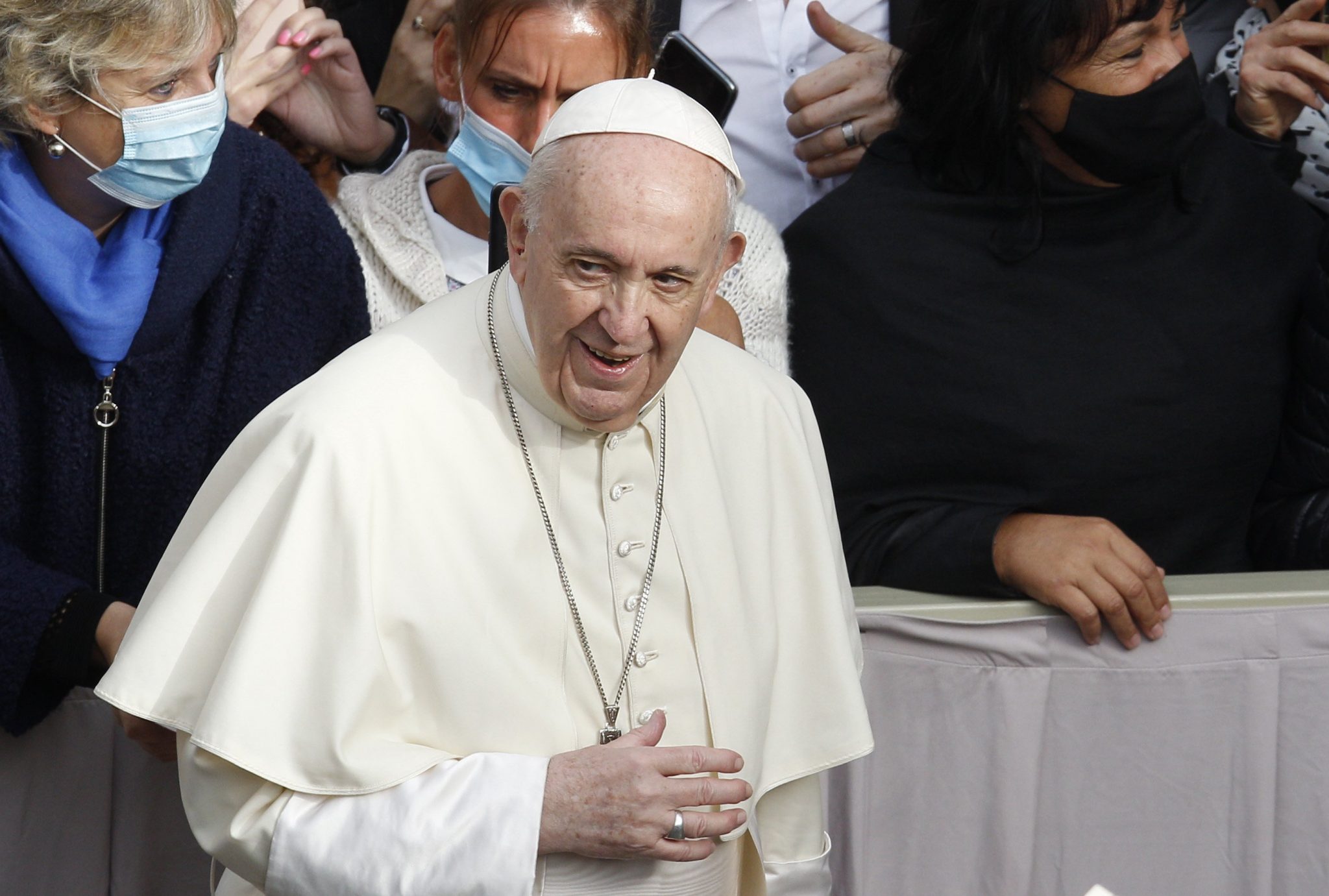Dear Friends,
As we prepare for our annual celebration of Respect Life Sunday on October 4, 2020, we do so at a moment that is unprecedented in its focus on care for the human person.
For over eight months, our world has waged war with a virus that has currently attacked more than 29 million people and has left close to a million deaths in its wake. In the process, we have engaged behavior that has isolated us one from another and prompted actions from wearing masks to shuttering churches, schools, stores and factories, all in an effort to protect and preserve human life. In the midst of such upheaval and pain, as a nation, we have also been forced to confront the ongoing reality of racism, which continues to raise its ugly head and tragically disregards the same lives that we are trying to protect from the global pandemic.
Ironically, these challenging realities that prompt us to focus on efforts to preserve and respect life continue to unfold in our own land amid a climate of polarization that has bitterly set lives against one another. And all of this division is fueled by an election cycle that only seems to complicate our search for truth and justice for all.
The theme for this year’s Respect Life commemoration is Live the Gospel of Life! Sadly, a reflection on the current reality of life in our land reveals that as a nation and people, we have yet to embrace and respect human life in its totality as we should. In an introductory letter to the US Bishops’ teaching document on the political responsibility of Catholics, Forming Consciences for Faithful Citizenship, the Bishops quote Pope Francis’ words taken from his exhortation, Gaudete et exultate, as he addresses our role as disciples of Jesus in confronting the struggles of our time:
Your identification with Christ and his will involves a commitment to build with him that kingdom of love, justice and universal peace. … You cannot grow in holiness without committing yourself, body and soul, to giving your best to this endeavor.
The call to holiness that the Holy Father references requires that we, as Catholics, stand firm in our respect and reverence for the human person as the very foundation of a moral vision for society. As such, in that same letter, the US Bishops affirm that “the threat of abortion remains our preeminent priority because it directly attacks life itself, because it takes place within the sanctuary of the family, and because of the number of lives destroyed. At the same time, we cannot dismiss or ignore other serious threats to human life and dignity such as racism, the environmental crisis, poverty and the death penalty.”
The Bishops stress that “our efforts to protect the unborn remain as important as ever, for just as the Supreme Court may allow greater latitude for state laws restricting abortion, state legislators have passed statutes not only keeping abortion legal through all nine months of pregnancy but opening the door to infanticide. Additionally, abortion contaminates many other important issues by being inserted into legislation regarding immigration, care for the poor, and health care reform.”
The upcoming election provides us with a vital platform through which we, as Catholics, can give voice to core Gospel values rooted in the dignity and worth of every human person, having been created in the image and likeness of God.
While Church leaders have often been accused of siding with one party or another, the fact remains that no one candidate perfectly reflects the broad and encompassing social and moral teachings of our Catholic Church. As such, it is incumbent upon us as Christians that, regardless of party affiliation, we thoughtfully and prayerfully vote for those candidates for office who not only personally reflect but clearly support legislation upholding our obligation to live the Gospel of Life.
In examining our consciences and in seeking to inform them in a responsible manner according to the tenants of our Catholic faith, may we be encouraged in our efforts by the words of Saint John Paul II in his encyclical, Christifideles Laici:
The right to health, to home, to work, to culture is false and illusory if the right to life, the most basic and fundamental right and the condition for all other personal rights, is not defended with maximum determination.
Brothers and sisters, our responsibility as disciples of Jesus is clear. We are called to live the Gospel of Life. We do so, however, not solely by speaking of our resolve to respect human life or by self-righteously criticizing those whose beliefs may appear to be different than our own. We do so by treating one another with reverence, respect and dignity as children of God. We do so by serving the broken lives and hearts that God has placed in our midst, whomever they may be. And this year, in particular, we Live the Gospel of Life by exercising our right to vote for those candidates who best respect the dignity and worth of all those lives that will be entrusted to their care.
Faithfully yours in Christ,
Most Rev. Joseph C. Bambera, D.D., J.C.L.
Bishop of Scranton



